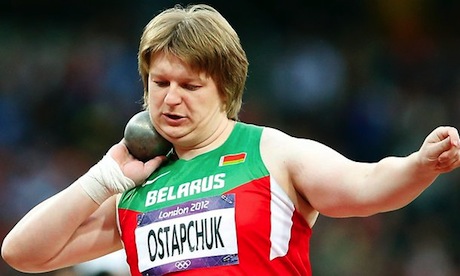New Zealanders are so happy the Valerie Adams has got her Gold. Some of them are angry about the cheating. One high profile commentator has even got himself into trouble for an “expletive-laden tweet calling for Olympics drug cheat Nadzeya Ostapchuk to hand over her shot put gold medal.”
Was Ostapchuk just unlucky? The former chief of the World Anti-Doping Agency has said that based on his own anecdotal evidence “maybe 10 per cent of athletes use drugs and we’re catching one or two of them … People who have prepared in advance and used drugs coming here (to London) won’t get caught.”
So is cheating here to stay? Even the Scrabble contestants are at it. Is it only cheating because the laws say it is? There is already the beginnings of a media campaign aimed at legalising performance enhancing drugs.
The argument goes like this: drugs are against the rules, but we make the rules. Just change the rules so that drug takers won’t be cheats any more.
“If we made drugs legal and freely available, there would be no cheating”, according to Oxford University philosopher Professor Julian Savulescu and his colleagues Their paper has gained 57 “likes” and 28 “dislikes”.
The World Anti-Doping Agency code declares a drug illegal if it is performance enhancing, if it is a health risk, or if it violates the “spirit of sport”.
The “spirit of sport”, the agency says is the celebration of the human spirit, body, and mind, and is characterised by the following values:
- ethics
- fair play and honesty
- health
- excellence in performance
- character and education
- fun and joy
- teamwork
- dedication and commitment
- respect for rules and laws
- respect for self and other participants
- courage
- community and solidarity
Would “legal and freely available drugs violate this spirit? Would such a permissive rule be good for sport?” Savulescu and his colleagues ask.
Source
